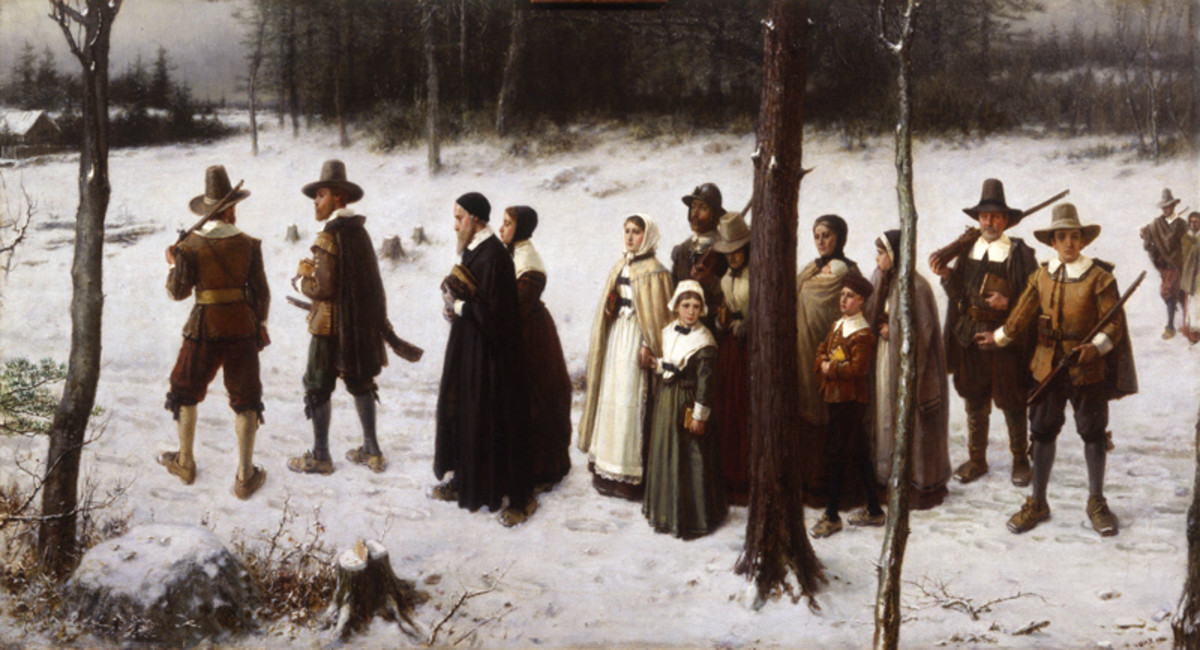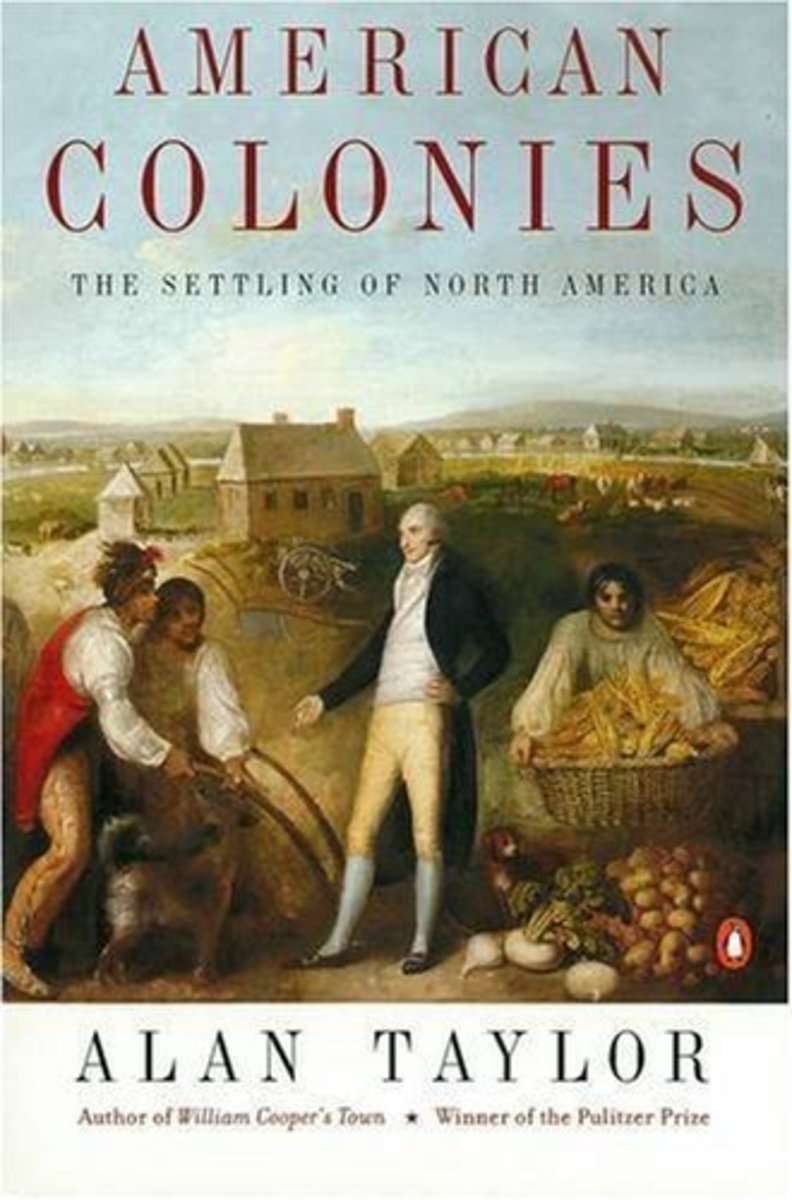- HubPages»
- Education and Science»
- History & Archaeology»
- History of the Americas
Who Was More Business Minded, the Pilgrims or the Puritans?

Purely Business Puritans
After Martin Luther nailed his 95 Theses to the Castle Church of Wittenberg in October 1517, the floodgate seemed to open for ideas of religious change and reform. Our story continues in 1534 as Henry VIII breaks from the Roman Catholic Church and creates the Church of England. Through the rest of the century, the more strongly and faithfully religious people of Europe grow more and more dissatisfied with the degeneration of their sacred religion into a more diluted and sacrilegious organization. Through this time, two main factions disagreeing with the church grow to be known as the Pilgrims and the Puritans. While the separatist Pilgrims formed their own joint stock venture in their journey to America, ultimately, I think the Puritans were more “business minded.”
In 1611, a large group of separatists in a village of Scrooby was essentially forced out of England by King James I (Berkin 57). These people, who referred to themselves as Pilgrims, saw the the Church of England beyond reform, corrupt, and found they had no other option but to leave or separate from it. Upon their arrival in Leyden, a city in the Netherlands, they were then free to practice their own religion among the Dutch. As their story continues, however, the Pilgrims found themselves dissatisfied with the surrounding apathy, as opposed to support, of their religious lifestyle. When William Bradford then led the Pilgrims from Leyden back to England and then to America in 1620, he considered himself to be the leader of a movement similar to the plot of the New Testament (Drexler 312). This journey for religious freedom, however, occurred for reasons spanning much further than just Bradford and his devotion to God.
In July 1620, before leaving for America, the Pilgrims set up a joint stock company with London merchants. “The agreement was that the Pilgrims would farm, build houses, and fish for seven years, after which the profits of the operation would be shared between the two parties” (Middleton 47). The Pilgrims, however, were constantly working towards a “godly community,” not a successful business venture (Middleton 48). While the Pilgrims went about their strictly spiritual journey in a way that supported common business practices and opportunity, the Puritans’ decision to stay in England and work for reform until 1629 was more “business minded.”
The Puritans were the more business minded of the two groups in that, while they were less daring, they were safer in their quest to worship in peace. The Pilgrims took far too many risks to be considered reliably “business minded.” Essentially, the Pilgrims were lucky they did not die on several occasions during their trip and starting years in Plymouth Plantations. While the Pilgrims’ first years in America could be described as “business fortunate,” I would say that the Puritans’ decision to stay and then journey over in 1629 was more “business minded.”
When John Winthrop secured a charter for a Massachusetts Bay Company from King Charles I in 1629, he led the Puritans in starting a second colony beside Plymouth Plantations (Berkin 59). Ultimately, this Puritan decision to wait until 1629 allowed the group as a whole to focus on their religious mission. In contrast to the Pilgrims, the Puritans knew for a fact that they would be able to support themselves in their business ventures once reaching America. The Puritans were more “business minded” because they made sure they would have a promising opportunity in America, as opposed to the Pilgrims who seemed to have just jumped the gun and hoped for the best. A true “business minded” group of people does not simply jump at the first opportunity at profit, but rather waits until they can be sure and confident in their investment or journey as the Puritans were.
Works Cited
Berkin, Carol. Making America: a History of the United States. Sixth Edition ed. Boston: Wadsworth Cengage Learning, 2012. Print.
Drexler, Michael. “William Bradford 1590 - 1657.” William Bradford. Web.
Middleton, Richard. “The Pilgrim Fathers.” Reforming America. Web.







